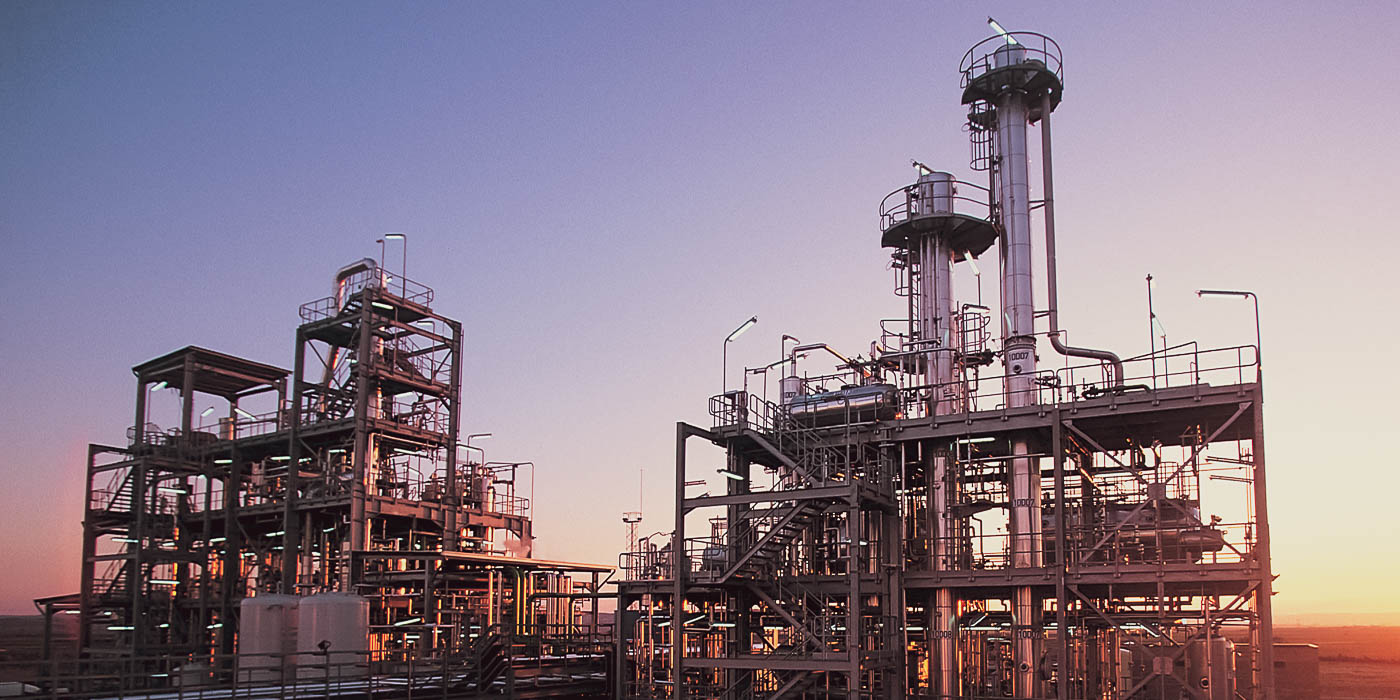Biofuels: USA, Canada and EU are competing for leadership in the sector

Biofuel is growing in popularity around the world, as governments and private companies seek alternative fuels to power the transportation, shipping and aviation sectors. Several new developments have been announced that will increase the production capacity of several countries and will likely drive down prices, as increased investment leads to mass production and greater technological innovation. Canada, the United States and the European Union hope to become biofuel production hubs, promoting policies and encouraging financing to support the sector's growth.
In December, the Alberta provincial government announced approval of a $1.2 billion negative emissions biofuel plant southeast of Calgary . Negative emissions means that the CO2 absorbed is greater than that emitted. The plant is expected to open by 2026, tripling the amount of renewable natural gas (RNG) supplied to Canada's grid. The Future Energy Park will convert non-food waste into RNG, which will be transported via the natural gas mainline. The plant will also produce ethanol and methane-reduced livestock feed. Green Impact Partners tried to get the privately funded project off the ground for two years and finally got the green light from Alberta's Ministry of Environment and Protected Areas. Jesse Douglas, managing director of Green Impact Partners, said: “It is ready to be built and certainly has a massive impact on the local economy and the local supply chain.”
The Future Energy Park will span 21 hectares and is expected to create 800 jobs during the two-year construction phase, as well as 100 permanent operations jobs. It could provide the city with $50 million in revenue per year, as well as $150 million in annual earnings for grain producers. The plant will be very low-emission, sequestering the methane and carbon dioxide released thanks to carbon capture and storage (CCS) technology, to then be transformed into natural gas or used as fuel. This is expected to make the plant “the largest zero-emission biofuel plant in North America.”
While this is a huge step forward, it will still contribute less than one percent of the country's gas production, which is still heavily dependent on fossil fuels. It is also ethically acceptable because it uses waste and not raw materials for food purposes.
Then there is a big economic problem: the costs of building and operating a biofuel plant are very high. While natural gas costs around $2.20-3 per British thermal million metric unit (MMBtu) to produce, RNG currently costs around $22 per MMBtu. However, greater investment in the mass production of the fuel could help bring down prices, thanks to the development of new, more efficient technologies.
In the United States, the Biden administration announced a major financing initiative for domestically produced biofuels earlier this year, as part of the Investing in America agenda. Tom Vilsack, Secretary of the United States Department of Agriculture (USDA), announced that $500 million from the Inflation Reduction Act will be invested to increase domestic biofuel capacity. Vilsack said , “President Biden's Inflation Reduction Act is a historic investment that will expand clean energy, reduce costs for Americans, and build an economy that benefits working families and small businesses.”
In addition to government investments in the United States, several private companies are rapidly increasing their biofuel production capacity with the support of favorable climate policies. New York-based SGP BioEnergy has received $250 million in financing from Global Emerging Markets (GEM) to build the Golden City biorefinery in Colon, Panama. Once operational, the plant is expected to produce up to 180,000 bpd of renewable fuel and 405,000 tonnes of green hydrogen per year. It is expected that, once completed, it will be one of the largest facilities of its kind in the world, paving the way for other subsequent projects.
Meanwhile, in Europe, as the biofuel industry grows, there is widespread criticism of the EU's approach to clean fuel. While the recently revised Renewable Energy Directive is very supportive of biofuels, such as renewable ethanol, other EU laws largely overlook the strategic importance of these fuels. Critics suggest that the EU needs a change of mindset when it comes to biofuels, to encourage the investment needed to develop large-scale commercial plants. David Carpintero, director general of ePURE, highlights the importance of diversifying the green energy sector in Europe and states : “Europe needs more than just one solution to achieve a real de-fossilisation of transport”.
However, a recent Commission report on the sustainability of bioenergy suggests that bioenergy produced from agricultural, forestry and organic waste feedstocks contributed to around 59 % of renewable energy consumption in Europe in 2021. Most Member States reported measures relating to the promotion of biogas and biomethane in line with the Commission's REPowerEU plan, which aims to accelerate the production of sustainably produced biomethane to reduce the region's dependence on fossil fuels. As always, however, European intervention appears, compared to the rest of the world, confused and complicated by complex and difficult to manage legislation.

Thanks to our Telegram channel you can stay updated on the publication of new Economic Scenarios articles.
The article Biofuels: USA, Canada and EU compete for leadership in the sector comes from Economic Scenarios .
This is a machine translation of a post published on Scenari Economici at the URL https://scenarieconomici.it/biocarburanti-usa-canada-e-ue-si-giocano-la-leadership-del-settore/ on Mon, 18 Dec 2023 07:00:26 +0000.

